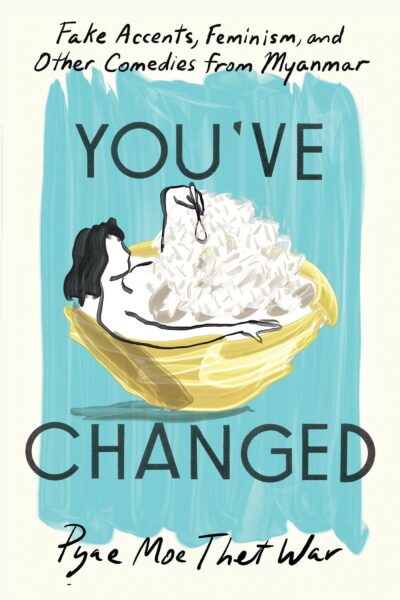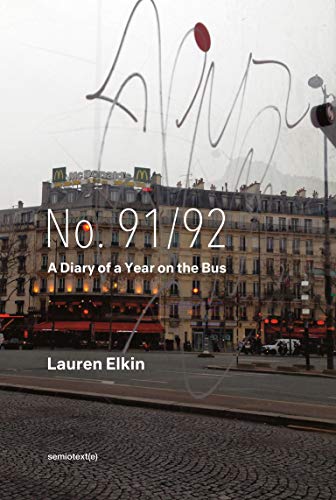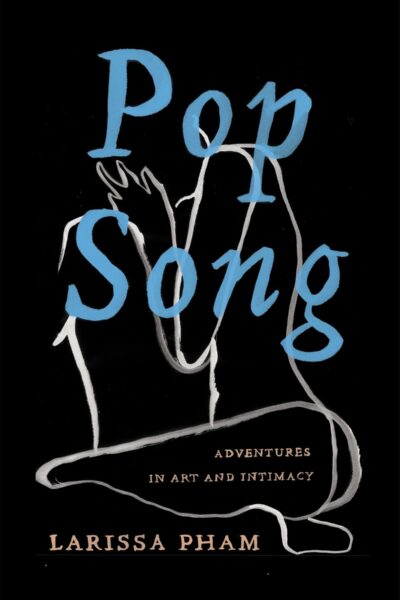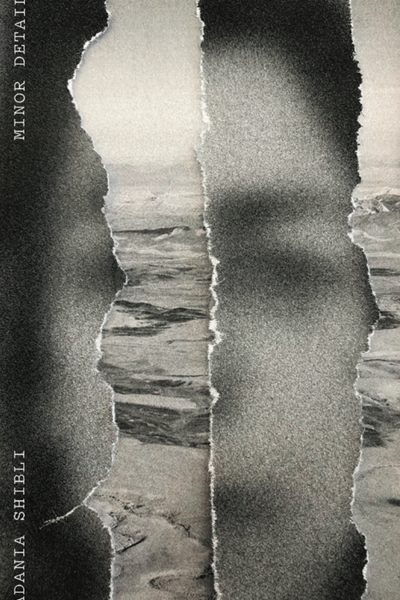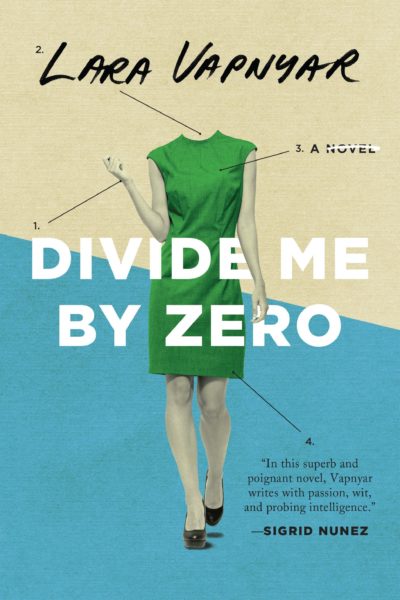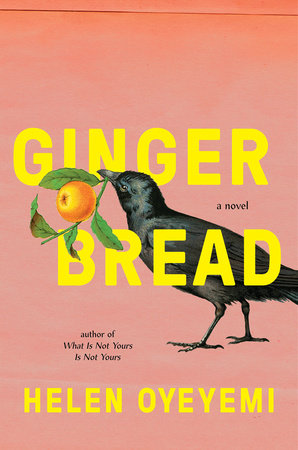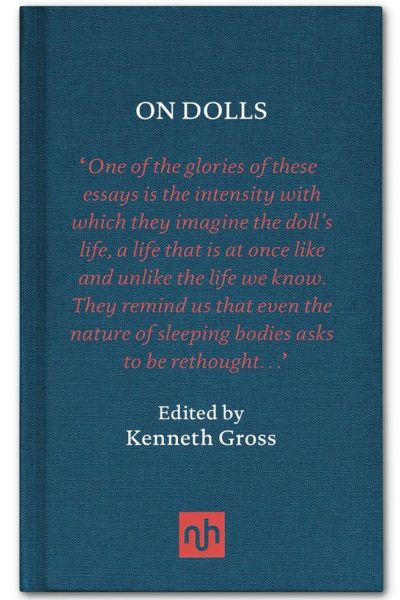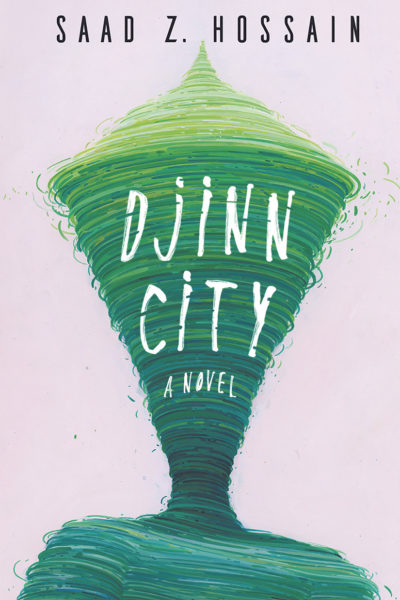You’ve Changed – Pyae Moe Thet War
In this sensitively observed collection, the freedom to define oneself is achieved not only through the rebellion against cultural constraints, but also the embrace of the provisional nature of identity.
No. 91/92: A Diary of the Year on the Bus – Lauren Elkin
Elkin adopts Georges Perec’s diaristic form and heightened engagement not only to lovingly render a place but also to represent the self within the collective of the Parisian community.
Larissa Pham’s collection boldly reinterprets the memoir-essay genre by accompanying her stories of love with ekphratic commentary on the visual, aural, and verbal language of intimacy.
Andre Gide invites the reader’s doubt into the ability of the novelist (both himself and his narrator) to control the meaning of his novel.
MINOR DETAIL itself is an act of subversion because it represents history told on Palestinian terms, through a Palestinian voice.
Divide Me By Zero – Lara Vapnyar
Like Barthes’ Mourning Diary, Lara Vapnyar’s poignant, sensitively observed novel can be read as an act of demystification, a study of lost love.
In Gingerbread, Oyeyemi dismisses the idea of a single indisputable account of events.
Toddler Hunting and Other Stories – Taeko Kono
Though Kono is absorbed with domestic life, she pushes the conventional limits of realism by exposing the ways in which the rules of domesticity are artificial, provisional, or self-imposed.
These writers force the dolls into utterance until they become spiritual interlocutors reporting on the mysteries of the human condition.
The novel falters on the promise of its original plotting by resorting to cursorily drawn characters, prose that is often simply convenient or overreaching for poetry, and an unjustifiably cruel world.



